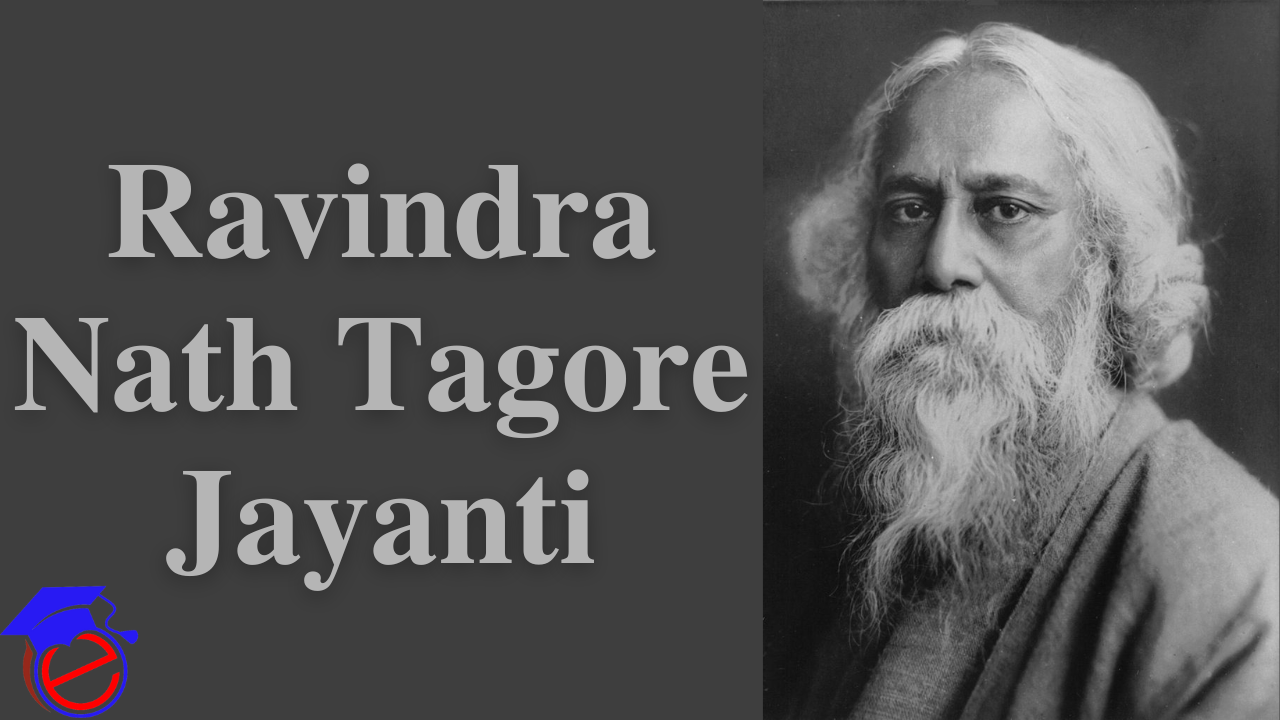
Rabindranath Tagore, an Indian poet, philosopher, and polymath who wrote in Bengali, celebrates his birth on Jayanti, also referred to as Rabindra Jayanti. Gitanjali, a collection of poems written by Tagore, earned him the Nobel Prize in Literature in 1913, making him the first non-European to do so (Song Offerings).
Fans of his writings commemorate his birthday, May 7, as Rabindra Jayanti in India and other countries. Tagore’s poems and songs are recited, and there are conversations about his concepts and philosophy as part of the day’s cultural celebrations.
A few notable films based on Tagore’s short stories and novels were produced by acclaimed director and Academy Award winner Satyajit Ray. In Santiniketan, West Bengal, Tagore also established the renowned Visva-Bharati University. Rabindranath Tagore had no faith in formal education. He, therefore, proposed the notion of holding classes outdoors, which the University and its students still do today.
Ravindra Nath Tagore’s contribution
Rabindranath Tagore made numerous noteworthy contributions to the arts, including music, literature, and visual and performing arts, as well as to social reform and education. His notable accomplishments include:
- Poetry, novels, short story collections, plays, and essays are among Tagore’s many literary creations. Gitanjali (Song Offerings), a collection of poetry that won the Nobel Prize in Literature in 1913, is his most well-known work. The Home and the World, Gora, and The Post Office are a few additional noteworthy works.
- As a musician and composer, Tagore produced more than 2,000 songs, collectively referred to as Rabindra Sangeet. These songs, which combine elements of Indian and Western music, are very well-liked in Bengali-speaking areas of Bangladesh and India.
- Art: Tagore also painted, and galleries all over the world have displayed his works.
- Education: As a fervent advocate of education, Tagore established the residential Visva-Bharati University in Santiniketan, West Bengal, India. The university was committed to advancing general overview and universal humanism and was modelled after the residential British universities of Oxford and Cambridge.
- Tagore advocated for social and political reform and was a vocal opponent of colonialism and imperialism. He worked to advance the rights and liberties of underrepresented groups because he thought change and progress were essential.
How is Rabindranath Tagore Jayanti Celebrated?
In various regions of West Bengal, the day is lavishly celebrated. Cultural activities related to Tagore’s works are presented in educational institutions, research centres, and even communities. These events include recitals, dramas, songs, and dances (based on the Rabindra sangeet). These events are attended by foreign students at Visva-Bharati University as well. Rabindranath was born in Jorasanko Thakur Bari, which hosts a number of events.
Rabindranath celebrations at colleges and schools are common. You’ll see kids performing plays based on Rabindranath’s writing, reciting poems, or singing songs. Apart from the customary celebrations, Rabindranath’s songs are played continuously in Bengali homes from dawn until dusk.
Conclusion
Even today, many people enjoy reading his short stories and books. In addition, he wrote dance dramas, songs, and essays on political and intimate topics. It was chosen to serve as India’s national anthem.
If you have any suggestions regarding this article then you can leave your suggestion in the comment box.
